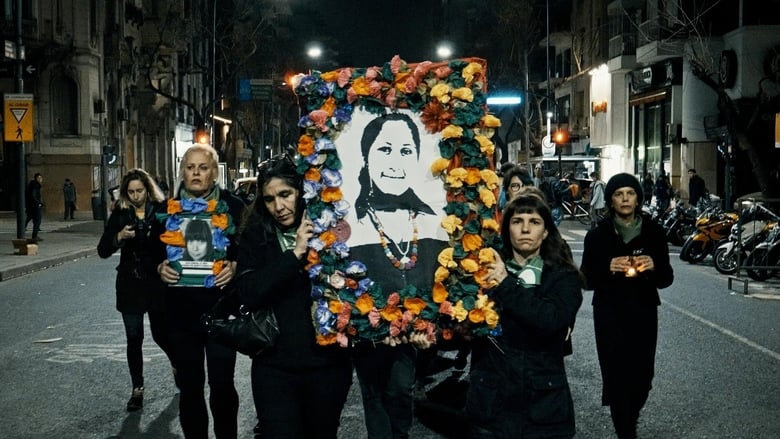Let It Be Law
Genres
Documentary
OverView
In Argentina, a woman dies every week as the result of illegal abortions. In 2018, for the seventh time, a motion supporting legal, secure and free abortion was presented to the national congress of Argentina. The project provoked a fierce debate, revealing a society divided more than ever between the pro-life and freedom to choose positions. Through an assemblage of passionate testimonies, Let It Be Law documents the determination of women fighting bravely to secure the right to physical self-determination, and bears witness to their massive mobilization in the streets of Buenos Aires.
Others
Budget
$--
Revenue
$--
Status
Released
Original Language
Spanish
Runtime
82 mins
Rating
4.2/10
Release Date
11 March 2020
Country
Argentina


